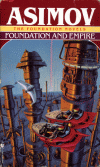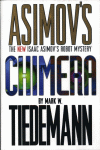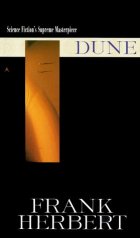
I’m slowly chipping away at my collection of Timothy Zahn novels. I recently enjoyed reading Manta’s Gift, but I definitely enjoyed Icarus Hunt more. Rather than focusing on one alien race, Zahn spreads quite a few alien species throughout the book. There is constant action, enough so that the book hardly felt like 450 paperback pages long. I categorize this book as a cross between a Sci-Fi and mystery novel.
The story starts out with Jordan McKell, a starship pilot, getting into a brawl with a couple of aliens in a bar. After dispatching the aliens, a man offers to buy McKell a drink and asks if he is available to pilot a ship. The ship will have a sealed cargo container that must be delivered to Earth as soon as possible.
Zhan appears to integrate a couple familiar elements here:
Token smuggler:
If you like Han Solo from Star Wars, you’ll enjoy Jordan McKell’s narrative. They both are unscrupulous smugglers that have debts to pay back to underworld crime lords. They both have alien partners; however Chewbacca appears to be both a pilot and mechanic while Ixil is mainly a mechanic. Both are asked to pilot another person’s ship under mysterious circumstances. Jordan is the main character in this book, so is much better developed as a character than Han.
Star travel monopoly:
The Patth don’t have a complete monopoly of star travel, but hold the key to star travel four times faster and three times cheaper than any other technology. They use their power to pressure other races. This reminded me of the Guild Navigators in Dune.
Not too long after the journey begins, McKell discovers that he is being pursued by the Patth. This, along with the mysterious death of the ship mechanic (which he replaces with his partner Ixil) complicates his mission. I kept waiting for him to say “I have a bad feeling about this!” Following these developments, this story takes goes through quite a few twists and turns, especially toward the end. Zahn kept me guessing, and when the mysteries were finally revealed, I was pleasantly surprised.


